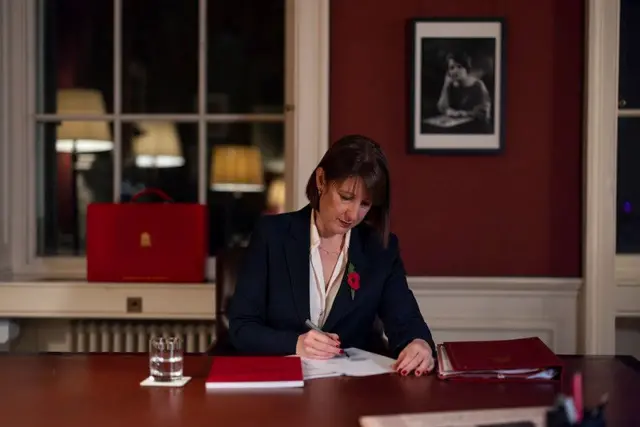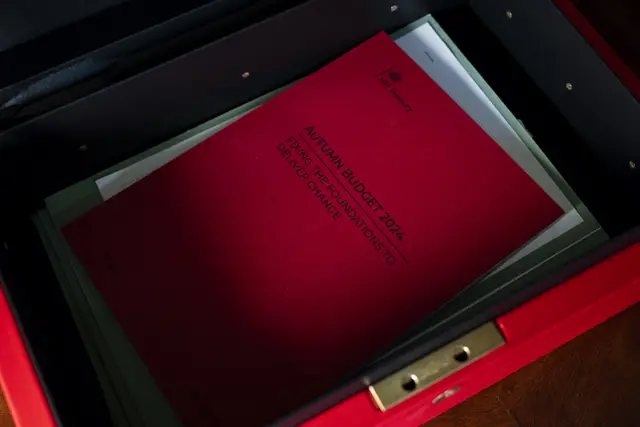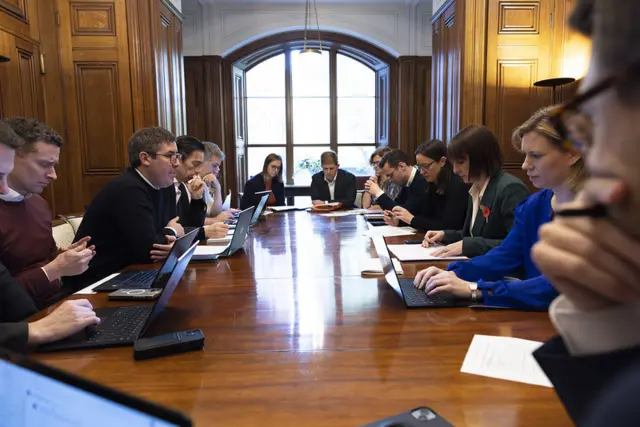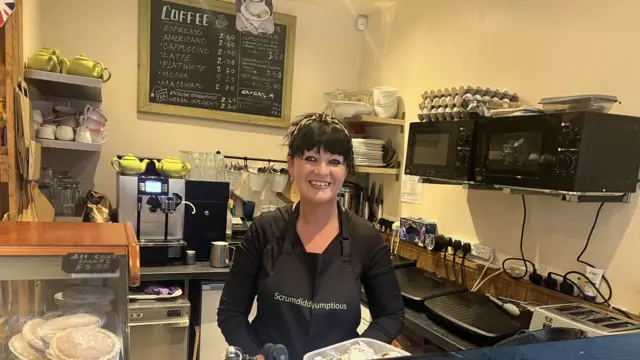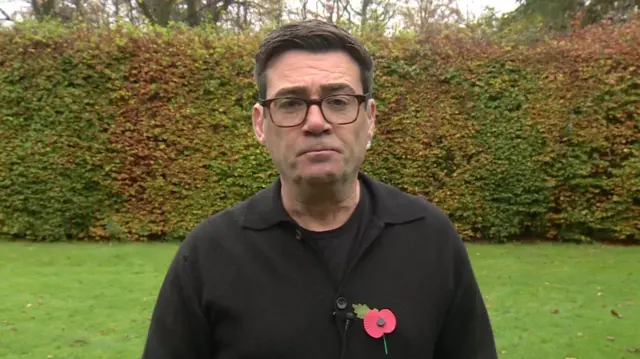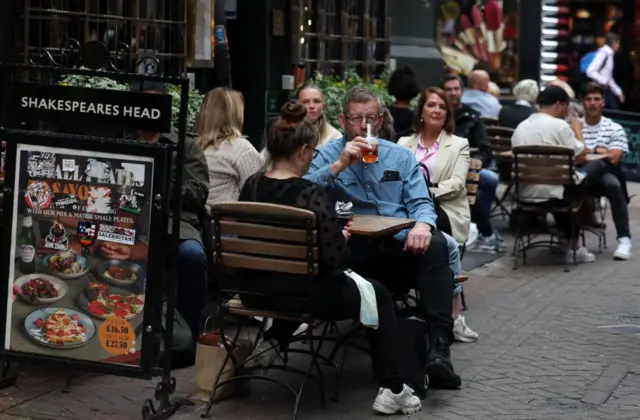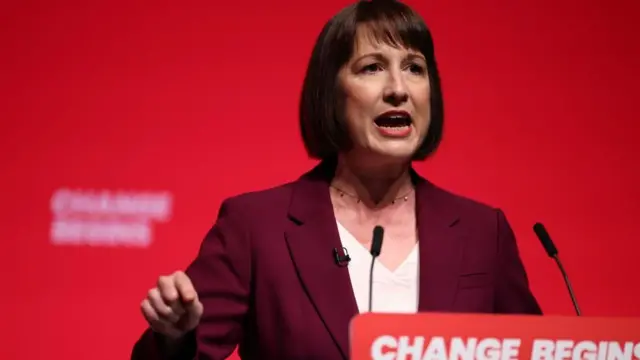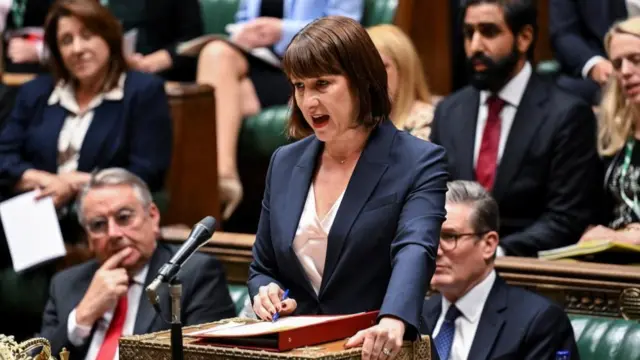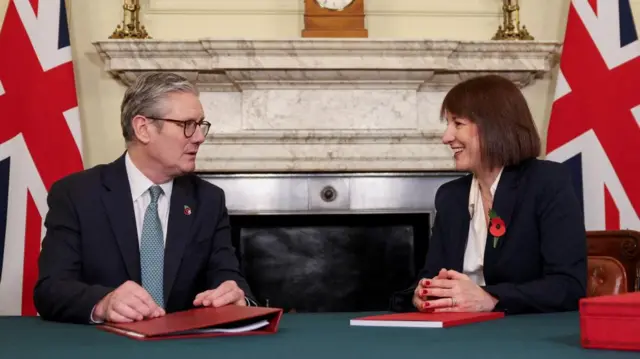
How is the UK economy looking?published at 09:03 GMT 30 October 2024
 Dharshini David
Dharshini David
Chief economics correspondent
The warnings of a painful Budget may have dominated but the good news is the economy is in better shape than expected in the spring.
The first half of this year saw an emphatic bounce back from 2023's short-lived recession, making the UK a top performer amongst major economies. For those reasons the independent forecasters, the Office for Budget Responsibility, will upgrade their predictions for growth this year. And with the spike in inflation behind us, the next interest rate cut is expected next week.
But that’s not to say it’s plain sailing ahead. That recovery has lost momentum as we enter the second half of this year, as businesses and households continue to grapple with higher costs, and some of the latter are exposed to a jump in interest repayments as they re-fix mortgages.
So while the Chancellor may be able to unveil a solid set of growth forecasts, they will be far from sparkling, a fraction of the growth UK enjoyed on average prior to 2008's financial crisis, meaning we're each thousands worse off than we could have been.
Rachel Reeves plans to reboot public investment to boost growth. However, such projects take time to deliver - and the results can be uncertain.
